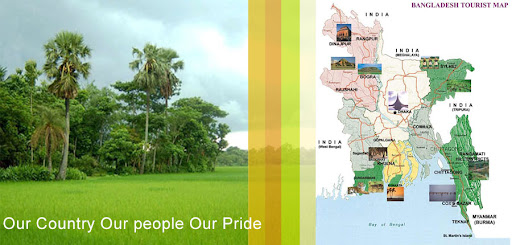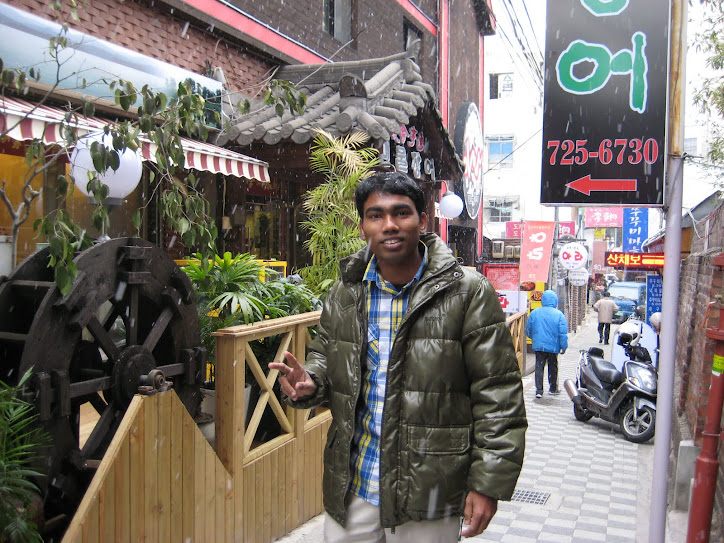Bangladesh is an economically emerging country and these days the country becomes an important economic potential zone in Southeast Asia. This revolution has started from the nineteenth century and until millennium, due to some political obstacle, this sector couldn’t growth expectedly but after this period it has grown an astounding pace and remained the sign of Bangladesh’s economy. However, one of the main streams of that economic development factor is RMG.
Unfortunately, RMG sector still could not independent in their operation, rather they are struggling with several challenges every day and among those labor unrest is one of the key factors. Due to the labor unrest , there has been huge loss of production and some of the factories were ruined by protesters. If we see critically this factor then fixing minimum wages for the labor was the main issue for labor unrest. Obviously, the gap between owner and worker, poor infrastructure, political complexity and many more other factors also can be included for the causes of labor unrest. I will explain some reasons in below.
Firstly, Bangladesh is a female earned oriented country, because nowadays our foreign exchange earnings are dependent on RMG and NGO workers, and undoubtedly it can be said that, about 90% employee of the RMGs and NGOs are women. Despite this fact, there is no proper consideration has been made for women’s wellbeing and, moreover, in any RMG factory they remain simply as a worker without any gender distinction. This drawback never gives them the chance to be an active worker or leader in their organization.
Secondly, most of the cases workers did not receive any appointment from factory, so they are being fired from their job without any notice. I think that is the key reason why workers couldn’t think themselves as a part of factory members. So it is a common phenomenon in Bangladesh is that a worker quit their job without noticing their job authority and an employer dismisses a worker without any notice or following any labor law of Bangladesh.
Thirdly, being maltreated by owners and midlevel officers, working long hours in a congested room without sufficient rest, lack of recreational opportunity, nutritious foods, medicine, right to legitimate protest against ruthless exploitations, etc. are their daily destiny. Most of the time overtime working hour imposed to them by default and they don’t have any choice to furnish their opinion.
Fourthly, differing remuneration policy is the key factor for labor movement. Such as, I have witnessed, there are few garments situated in the same place but those garments remuneration policies are not same, rather different from one another. So, people who are receiving small money they always try to shift their job.
Fifthly, the organizations who are working for Bangladesh garments labor, has a lack of policy and knowledge. Moreover, even though garment sector is the prime source of Bangladesh economic development but still there is no research center to develop this sector. I believe governments need to pay more attention on this sector and need to welcome foreign investors for having a sustainable development of this sector.
Finally, there is no respect between workers and owner. Both sides have mistrust upon one another. As I mentioned earlier that alike other countries, mostly women are involved in RMG sector, but nobody properly address this that women are not a good protester and mostly they are clam but misguided by man. It is notable that, it is mandatory to have a proper policy to stop the labor unrest of Bangladesh.


